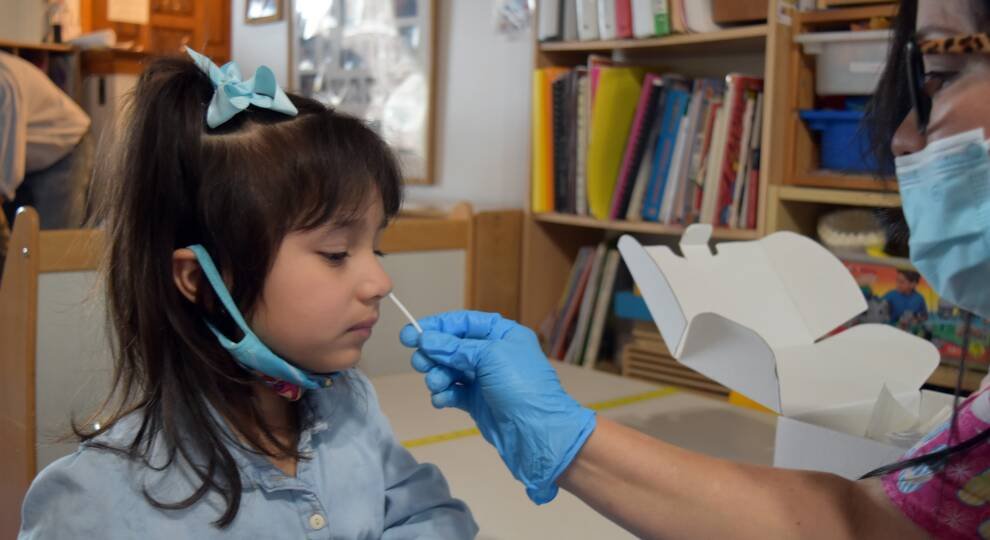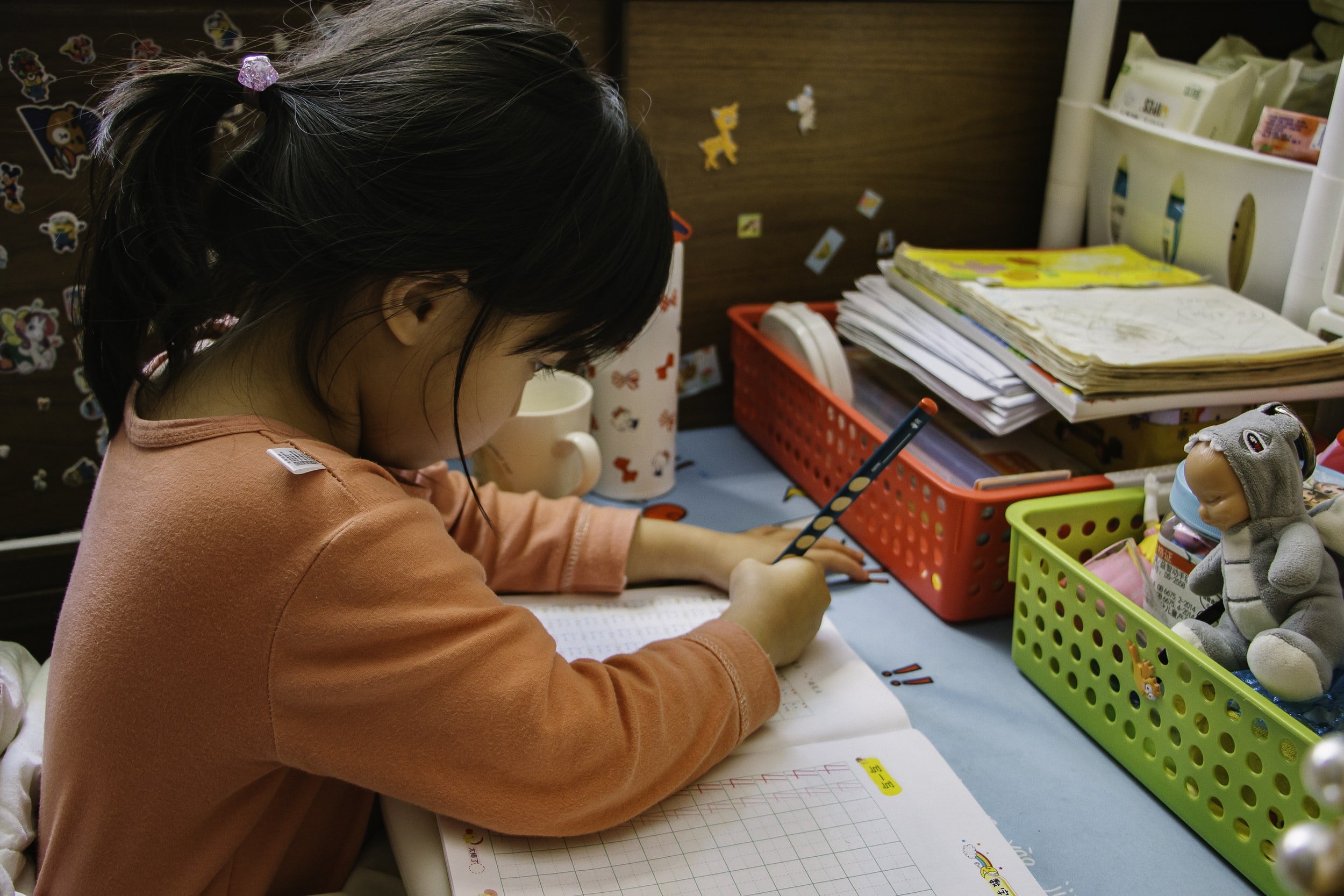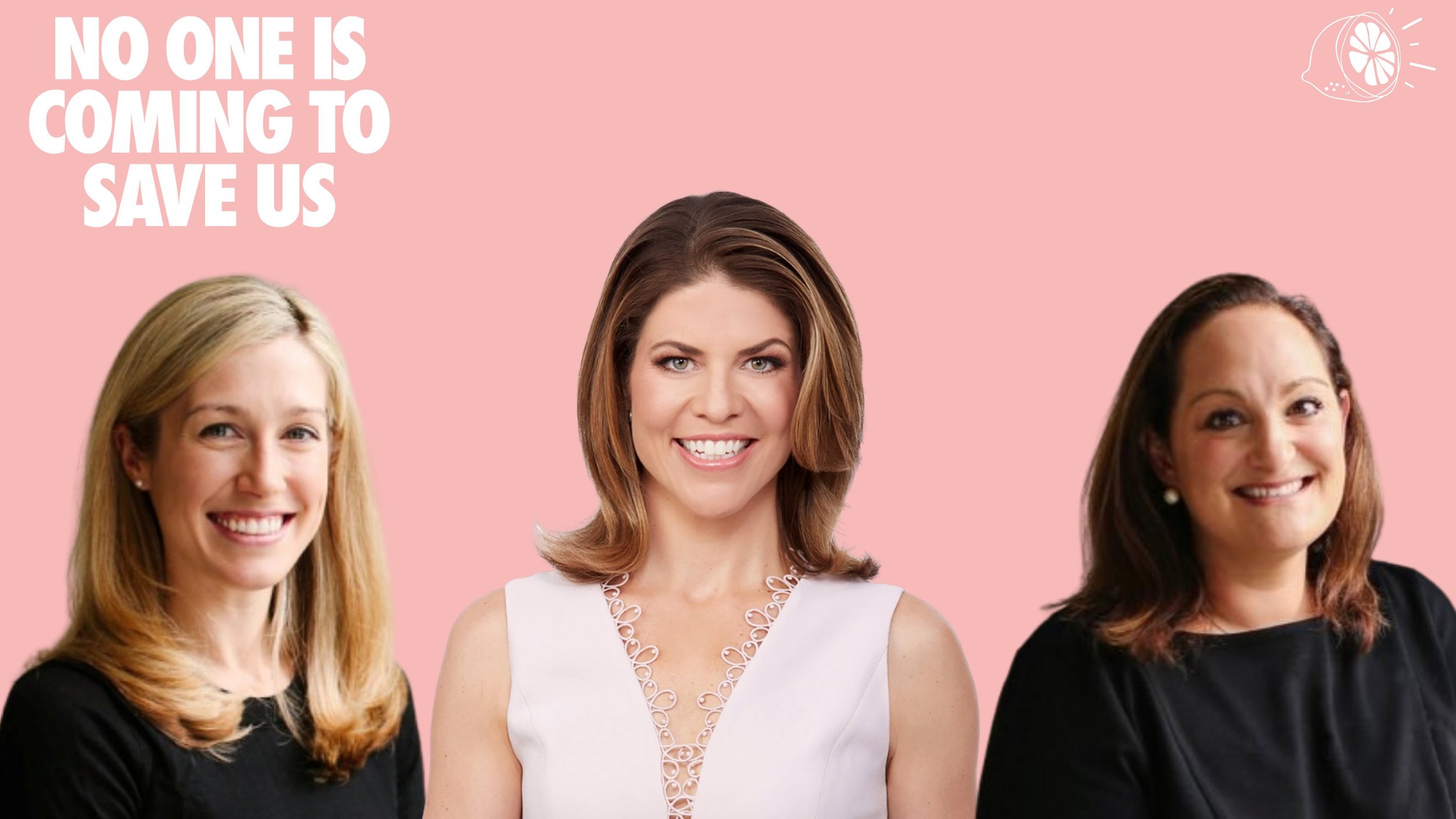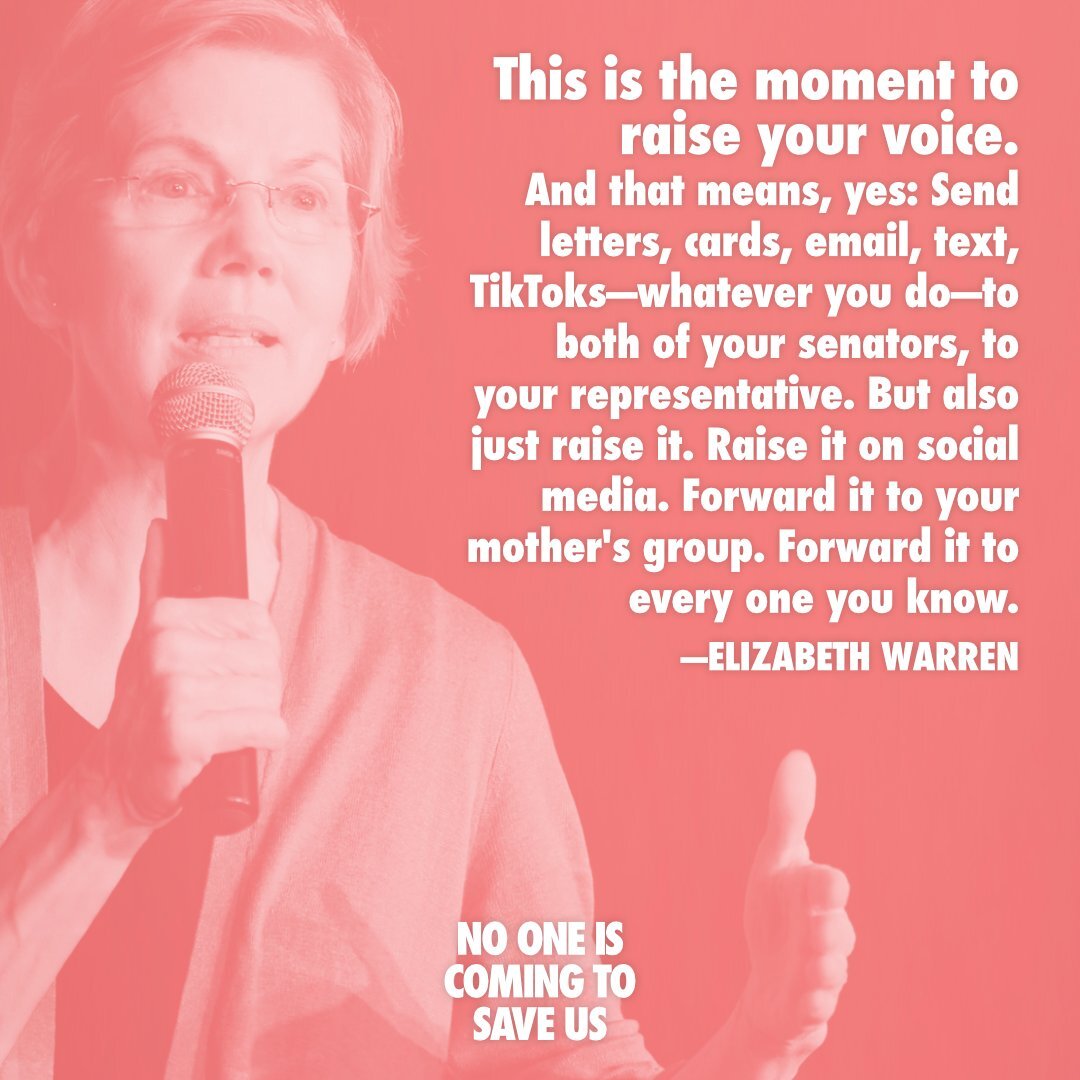
The Desktop
From the Desk of Neighborhood Villages

Breaking Down the New Early Education and Care Bill in Massachusetts
On May 18, the Massachusetts Joint Committee on Education favorably reported out a new bill — An Act to Expand Access to High-Quality, Affordable Early Education and Care (H.4795/S.2883) — aimed at addressing current access, affordability, and workforce challenges in the Massachusetts early education and care sector. We’ve summarized our new fact sheet that breaks down the elements of the legislation.

We Must Extend C3 Stabilization Grants for Early Education and Care Providers in Massachusetts
That’s why we are advocating for the inclusion of $480 million in the state’s FY23 budget to extend the C3 stabilization grant program through FY23. Extension of these grants is critical to keeping child care programs open, ensuring access for children, and supporting socially vulnerable communities.

Solving the child care crisis is key to advancing gender equity
As we honor women’s contributions in American history this Women’s History Month, we also recognize that our nation’s broken child care system underscores the persistent undervaluing of women and their work in our society, especially for women of color.

Testing is the Key to Keeping Child Care and the Economy Open Through COVID Surges and Beyond
As we’ve already seen, getting back to some kind of normalcy for many families hinges on one thing: child care. So how do we avoid where we found ourselves in 2020 (and 2021, for that matter)? We put infrastructure in place to keep child care open. Our ability to do that relies on making free, preventative COVID-19 testing available to child care providers.

State of Crisis: A Survey into the Current Landscape of Early Education and Care Programs in Massachusetts
We recently surveyed a collection of almost 50 early education and care center-based programs in Massachusetts to get a snapshot of the current state of the sector through the perspective of their directors.

This Black History Month, Recognizing Child Care as a Racial Justice Issue
Here in Massachusetts, and across the country, our nation’s broken child care system is one of the greatest drivers of racial inequality. Black children, Black parents, and Black workers have been experiencing the consequences of our failure to invest in it for generations. It is time for that to change.

An Interview with Ashley Galvan, Student Support Specialist at Neighborhood Villages
Ashley Galvan, Student Support Specialist at Neighborhood Villages, tells her story about how COVID impacted her access to child care and how Ellis and Neighborhood Villages helped her family find their footing in a new city.

This is Massachusetts’ Moment to Fix our Broken Early Education and Care System
On November 23rd, the Massachusetts legislature will hold its first Committee hearing on the Common Start legislation (H.605/S.362), a bill that would transform early education and care in Massachusetts. Neighborhood Villages is proud to support this legislation and will be submitting testimony to urge the Massachusetts legislature to favorably report out the Common Start legislation so that it may become law. Let’s talk a bit about why we need this bill, and why we need it now.

The Big Opportunity: breaking down the Build Back Better framework and how it will change lives
After months of back and forth, the revised Build Back Better framework was finally unveiled last week by President Biden. This proposed legislation would put us on a path toward doing something that has eluded us for generations — finally fixing our country’s broken child care system.

Statement: Child Care Experts Praise Inclusion of Child Care and Early Education Provisions In Build Back Better Framework
“Today’s proposal unveiled by Congress and President Biden would put us on a path toward doing something that has eluded us for generations - finally fixing our country’s broken child care system.”

The NOICTSU Rundown - Bonus Episode: Where to Direct Your Primal Scream
One measure tied to President Biden’s Build Back Better agenda, known as the reconciliation package, could totally transform child care and early education in this country, ensuring that it is affordable and accessible for all families. Host Gloria Riviera returns for a conversation with Neighborhood Villages’ co-founders, Lauren Birchfield Kennedy and Sarah Muncey, to better understand what’s truly at stake and what you can do to help get this legislation over the finish line.

“We have a once in a lifetime opportunity to do something.” - The Child Care Crisis, Up Close and Personal with Congresswoman Ayanna Pressley
Neighborhood Villages was thrilled to host Congresswoman Pressley at our Neighborhood partner, Ellis Early Learning Center, to shine a spotlight on the child care crisis and how President Biden’s Build Back Better legislation could bring transformative change to families across the country. Most importantly, it was an opportunity to hear directly from the parents and educators most impacted by the crisis.

Building Back the Early Education and Care Workforce
We are witnessing a long-in-the-making crisis in early education and child care – for providers and for families – that hinges on workforce. We can’t afford to wait any longer to address it. That’s why Neighborhood Villages partnered with Massachusetts Department of Early Education and Care (EEC) and Boston-area community colleges to start Career Pathways for Early Educators, a unique program that supports educators in their attainment of advanced early education and care credentials.

Monthly Child Tax Credit checks are coming July 15. Here’s what parents need to know!
Starting July 15, most families will be eligible to begin receiving monthly payments – known as Child Tax Credits – from the federal government. We at Neighborhood Villages have applauded this child tax credit expansion because it is an immediate tool that families can use to help with the costs of raising a child – especially the exorbitant price of child care.

The NOICTSU Rundown - Episode 4: “How We Save Ourselves”
The early episodes of the series No One is Coming to Save Us laid bare the utter disaster that is America’s early education and child care system. It all paints a pretty dark picture. If no one is coming to save us, how do we save ourselves? The fourth and final episode digs into what’s possible by showcasing how people across the country are fighting for change — and winning — in their own communities. Even better: it lays out simple steps for how you can get involved in the child care revolution.

The NOICTSU Rundown – Episode 3: “Good Childcare *Can* Work”
In “Good Child Care *Can* Work” host Gloria Riviera begins by speaking to Charles and Caitlin Vestal, an American couple who moved from Portland, Oregon to Berlin, Germany – and how they plan to stay there because early education for their son is FREE. If that seems crazy, it gets even better: in Berlin, every neighborhood has at least one child and family center that offers full wraparound services for parents, including therapy, unemployment resources, food support, and more.

Is Good Childcare the Answer to Better Mental Health?
After studying the pandemic’s impact since March of 2020, here’s what over 2,000 surveyed parents, mostly Moms (97%) have shared.

Massachusetts Can Be a Beacon for Child Care Reform — But We Must Act Now
While it’s exciting to see early education and child care finally getting the attention it deserves in Washington, the truth is that, no matter what happens in Congress, we can’t afford to wait for D.C. to act. We need to make change happen at the state level – and fast. Educators can’t afford to wait. Parents can’t afford to wait. Children, especially, can’t afford to wait.

The NOICTSU Rundown - Episode 2: “Birth of a Broken System”
In “Birth of a Broken System” host Gloria Riviera begins by speaking with her own mother about her search for child care in the 1960’s. When Gloria’s older sister was born, her mother had to resort to knocking on doors in their neighborhood to find someone to care for her child so she could return to work. Talk about going it alone! Why was it so impossible to get help then, and why is it still this way today?

The “No One is Coming to Save Us” Rundown - Episode 1: “You’re Not Crazy, Child Care is Crazy”
Child care in America has always been broken – it’s never been adequately valued, funded, or even understood. The pandemic made it clear that this can’t continue. It’s time for change and change needs to happen now. That’s why Neighborhood Villages conceived and funded No One is Coming to Save Us, a podcast created and produced with Lemonada Media. No One is Coming to Save Us tells the story of the child care crisis in America and sheds light on the challenges faced not only by parents, but by providers and early educators, too. Most importantly, it spotlights solutions for how, together, we build a child care system that actually works – for everyone.
